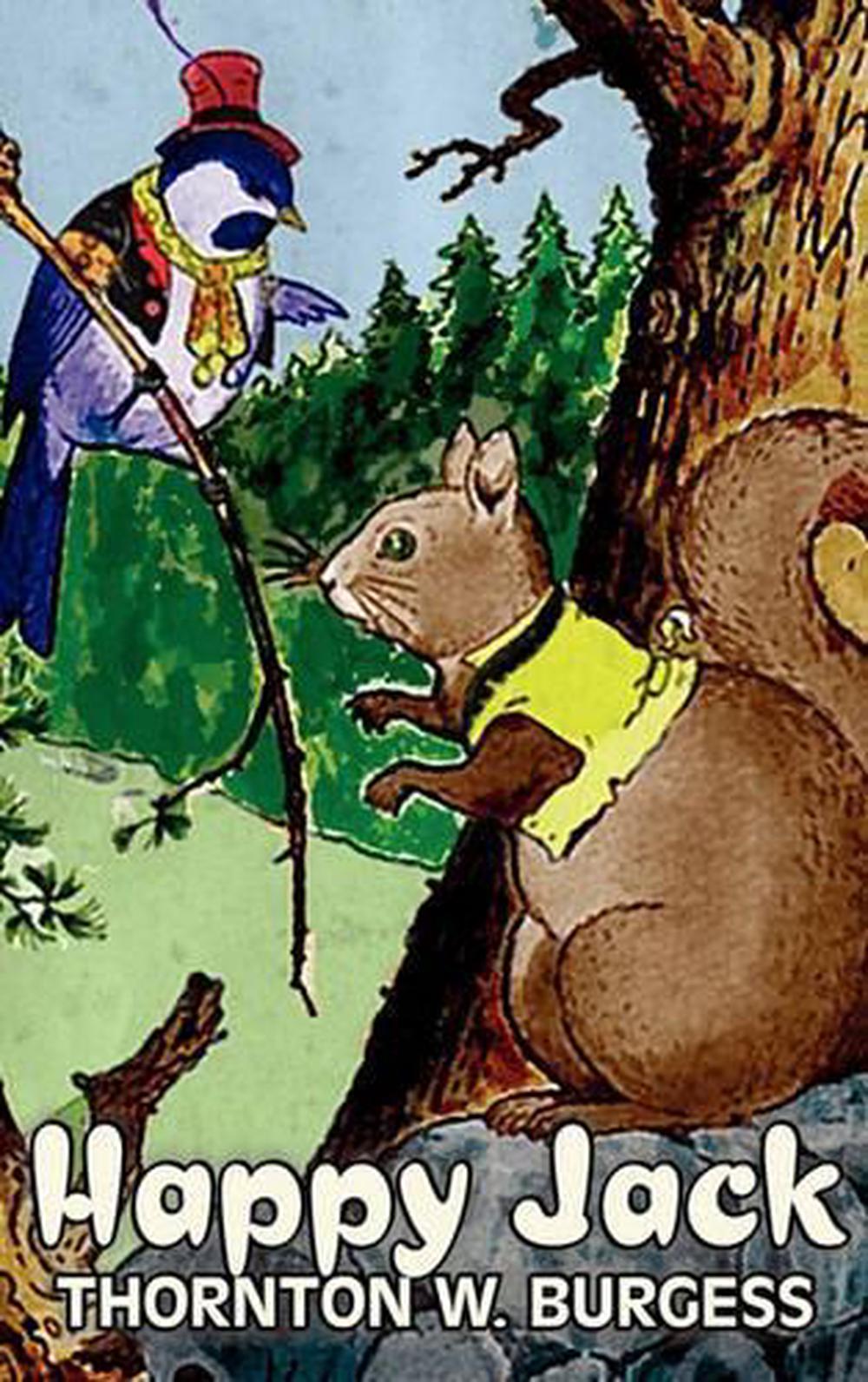

Charlesworth particularly praised Moon's drumming for carrying not just the beat, but also the melody itself, in what he calls "startlingly original fashion". But Chris Charlesworth praised the "high harmonies, quirky subject matter" and "fat bass and drums that suspend belief". Daltrey reportedly thought the song sounded like a "German oompah song". Despite its chart success, Who biographer Greg Atkins describes the song as being the band's weakest single to that point. Greg Littmann interprets the song as a possible reaction to alienation, as Jack allows "the cruelty of other people slide off his back". According to Marsh, "the lyric is basically a fairy tale, not surprisingly, given the links to Pete's childhood". However, the man never seemed to mind and only smiled in response.

Children on the beach would laugh at the man and once buried him in the sand. According to some sources, Townshend reported the song is about a man who slept on the beach near where Townshend vacationed as a child.


Rolling Stone critic Dave Marsh calls this line "the hippest thing" about the song. At the tail end of "Happy Jack", Townshend can be heard shouting "I saw you!" it is said that he had noticed drummer Keith Moon trying to join in surreptitiously to add his voice to the recording, something the rest of the band would try to prevent (Moon had a habit of making the other members laugh). Author Mike Segretto describes Daltrey's vocal as "imitating Burl Ives". The song features Roger Daltrey on lead vocals with John Entwistle singing the first verse, making it one of the few songs composed by Pete Townshend to feature Entwistle on lead vocals. It was included on the American version of their second album, Happy Jack, originally titled A Quick One in the UK. It was also their first top 40 hit in the United States, where it was released in March 1967 and peaked at No. It was released as a single in December 1966 in the United Kingdom, peaking at No. Last edit on View official tab We have an official Happy Jack tab made by UG. Some recording artists included in uDiscover Music articles are affiliated with UMG."Happy Jack" is a song by the British rock band the Who. Happy Jack Chords by The Who 14,243 views, added to favorites 658 times Author Pencom a 30,530. UDiscover Music is operated by Universal Music Group (UMG).
#Happy jack the who series
Listen to the best of The Who on Apple Music and Spotify.īack at home, the success of the song was helped by The Who’s appearance, on December 23, on the final edition of the long-running pop show Ready, Steady, Go! The much-loved series was coming to an end after a run of three years and four months, and the band appeared alongside the Spencer Davis Group, Donovan, Alan Price, Paul Jones, and Dave Dee, Dozy, Beaky, Mick & Tich.īuy or stream “Happy Jack” on the career-spanning Who collection Maximum As & Bs, which features all of The Who’s A- and B-side single releases across five CDs.įor the latest music news and exclusive features, check out uDiscover Music. Muni Long Peeks Into the Future With Her Performance Of ‘Time Machine’.‘Revival’: How Eminem Renewed Fans’ Faith In The Rap God.The Weeknd Receives Allan Slaight Humanitarian Spirit Award.Indeed, A Quick One was renamed for the single on its American release, and the success of “Happy Jack” was further fuelled by the group’s belated live US debut, in New York, during March 1967. Issued with a Ralph Steadman-designed picture sleeve in the US, it climbed to No.24 the following June. What’s more, “Happy Jack” was the song that gave The Who their first Top 40 hit in the States. After entering the charts at No.30, “Happy Jack” climbed through the holiday period and came to rest at No.3 in late January 1967, outsold only by The Monkees’ ‘I’m A Believer’ and Tom Jones’ “ Green, Green Grass Of Home.” The Pete Townshend song has often divided opinion among Who fans, and was certainly stylistically at odds with their four previous chart entries that year, “Substitute,” “A Legal Matter,” “I’m A Boy,” and “The Kids Are Alright.” But in chart terms, it became one of the band’s biggest UK hits.


 0 kommentar(er)
0 kommentar(er)
